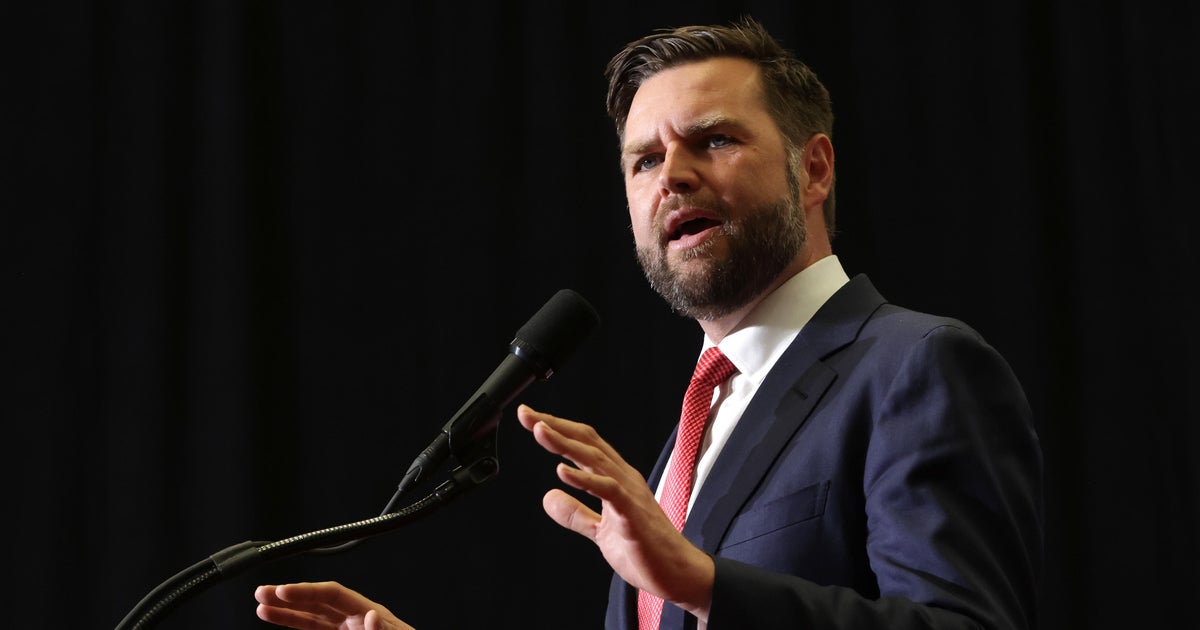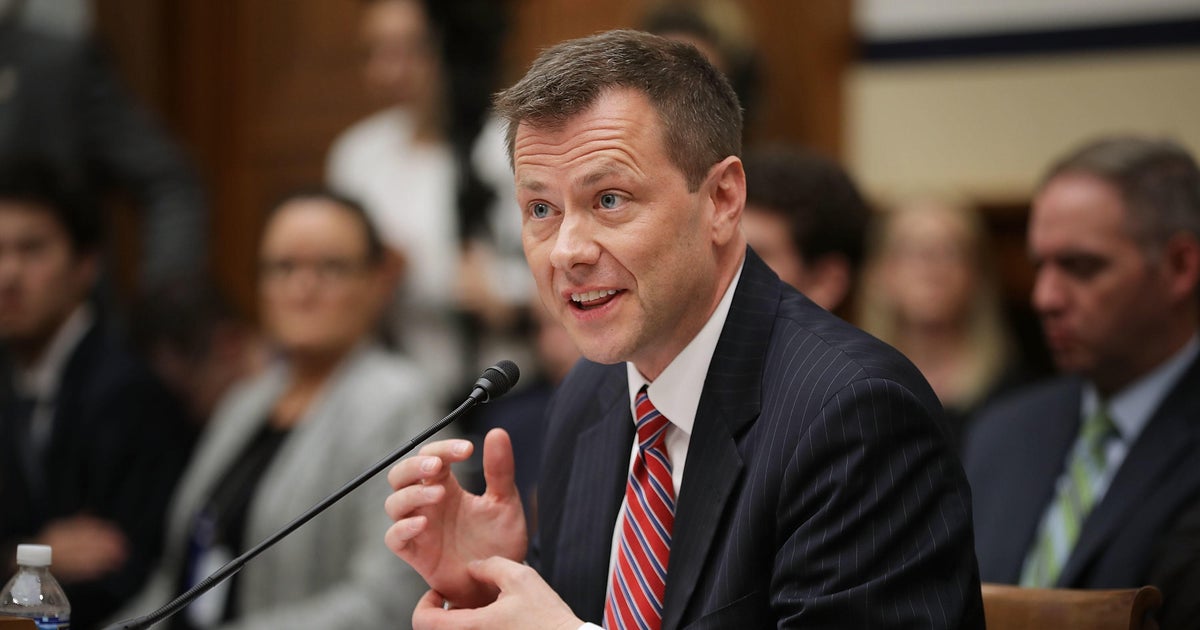U.S. condemns "Ortega regime" amid deadly protests in Nicaragua
U.S. Secretary of State Mike Pompeo condemned Nicaraguan President Daniel Ortega's "regime" amid ongoing protests and violence in the country. During an interview with talk radio host Hugh Hewitt Friday, Pompeo said the State Department is trying to convince Ortega to allow the democratic process to begin.
Protests started in April over pension cuts but have since grown into a movement demanding Ortega step down. Thursday marked 39 years since he helped overthrow a previous dictatorship.
"He's one of the longest-standing dictators, he's been longer in politics than Robert Mugabe of Zimbabwe and someone really who hasn't been prepared to understand to recognize that the society in general does not want him to continue to rule," Manuel Orozco, senior fellow at the Inter-American Dialogue, said on CBSN. "Instead (he) is relying on the use of force and the state of sponsored repression to maintain his political order."
According to the Nicaraguan Pro-Human Rights Association, more than 350 people have been killed since the protests started. Despite the clashes, some supporters gathered to hear Ortega speak during a commemoration of the revolution. But Orozco said there are few true supporters for Ortega in the country, and most are state security forces or people living in a "state of denial."
"I think what you see is the typical script of a dictatorship. They try to bring into the streets as many people as possible to show the pretense of popular support," Orozco said. "The number of people who support him is significantly small. In practical terms it's less than one in 10 Nicaraguans."
There's been increasing pressure from the international community for Ortega to allow a democratic transition with early elections. However, Orozco said it's not likely he will be willing to step down within the next few months.
"He's been trying to increase repression, killing people, in order to get people back to the table to accept that he's not going to leave until 2021," Orozco said. "But the situation is going to such extreme that he's not going to be able to have support."




